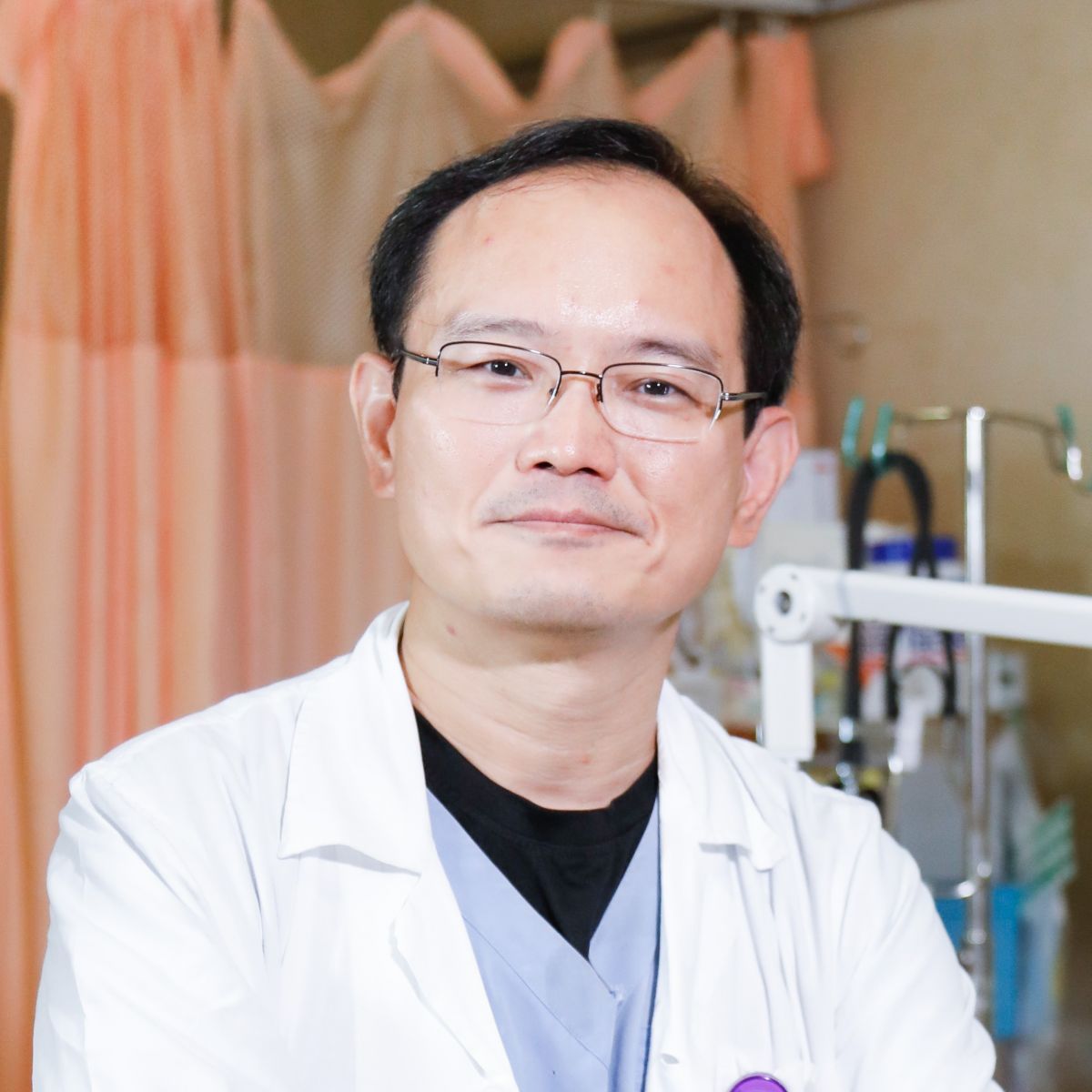Medical Breakthroughs and Life-saving are No Luck but the Outcomes of Accumulated Efforts
Dr. Wai-Ming Chan, Chief of Service of Adult Intensive Care Unit (ICU) at Queen Mary Hospital, has over 20 years of frontline experience and has seen all the good and bad episodes. In sharing his experiences in clinical research, he expressed his gratitude from his heart: “We deeply appreciate those who have contributed to and helped in medical development.”
Research on Critical Illnesses is Challenging
The obstacles in conducting research in ICU is also the biggest research motivation. Patients in ICU are often in critical state, and only those patients can take part in new drug trials targeting critical conditions. Screening eligible patients without delaying their standard treatments is the biggest challenge for doctors and researchers, but this also implies the highest research value. “We must ensure patients’ safety while collecting valuable data. All the patients will receive medical care of the highest standards when participating in clinical trials.”
The top enemies of ICU is sepsis. Severe sepsis can lead to multiple organ failures, with a mortality rate of about 25-30%. Currently there is no effective treatment to modulate the sepsis response in favour of patients, but researchers around the world have been working very hard to write a new chapter for the history of sepsis by looking for a magic bullet – an active molecule for development of a targeted therapy. Dr. Chan stressed: “Doctors have the responsibility to take part in the development of the ‘magic bullet.’ We need a major breakthrough.” He recalled an unforgettable experience that a patient took part in a phase 1 clinical trial that he led, and that was the first case of intravenous administration worldwide. “I was studying a protein drug for intravenous administration, which had not yet been tested in any clinical trials of sepsis. I emphasized that the protein drug had never been introduced through a vein in human when I explained the risks of the trial to the patient, but still he consented right away in consideration of the trial’s importance. He finally recovered completely, though a conclusion on the efficacy of the drug has not yet been made. I stayed in contact with him and visited him after he was discharged.”
Scientific Research Help Tackle Critical Conditions
ICU offers tough training for doctors – who are required to gain extensive knowledge on all critical conditions, acquire skills on rescuing organ failures, and be fully familiar with the operation of all medical equipment. Dr. Chan believes the biggest challenge lies in the gap between basic theories and clinical outcome. A lot of therapies or drugs which should be theoretically effective do not meet the expectations when it comes to the actual usage. Frontline doctors are facing more complicated and extreme situations than what they learnt, and only through evidence-based research doctors can advance their practical knowledge and be more confident in treating patients. “Evidence-based medicine helps us to determine the best treatment time in critical illnesses and improve patients’ survival rate.” During the past 20-plus years, Dr. Chan witnessed the contributions of clinical research to critical care. For example, ventilators advanced from setting based on experience to intelligent automated mode – which helps to adapt to patients’ breathing rhythms and makes them feel more comfortable.
Contribute to Medical Advancement with Shared Vision
Dr. Chan has been collaborating with The University of Hong Kong Clinical Trials Centre for many years and they shared the same vision. He is always impressed by its staff’s dedication to medical breakthrough by pursuing professional clinical research – even during their private time. “Sampling and testing in critical illnesses are highly time-sensitive. The centre’s staff sometimes worked over weekends together with me. This was out of their regular duties, and demonstrated that they treasured the value of their work much higher than their personal benefits.” Through many years’ of clinical research, he has also developed his persistence in discipline and professional standard. Whenever his research assistant was on leave, Dr. Chan would perform blood-taking and all research duties by himself.
Dr. Chan has never surrendered in battles with illnesses – even in front of life-threatening conditions – and hopes to save more lives by applying his long clinical experience and results from clinical research. Medical breakthroughs and life-saving are no luck but the outcomes of accumulated efforts. We wish one day the “magic bullet” can be found and the contributions by clinical trial participants can be revealed.


